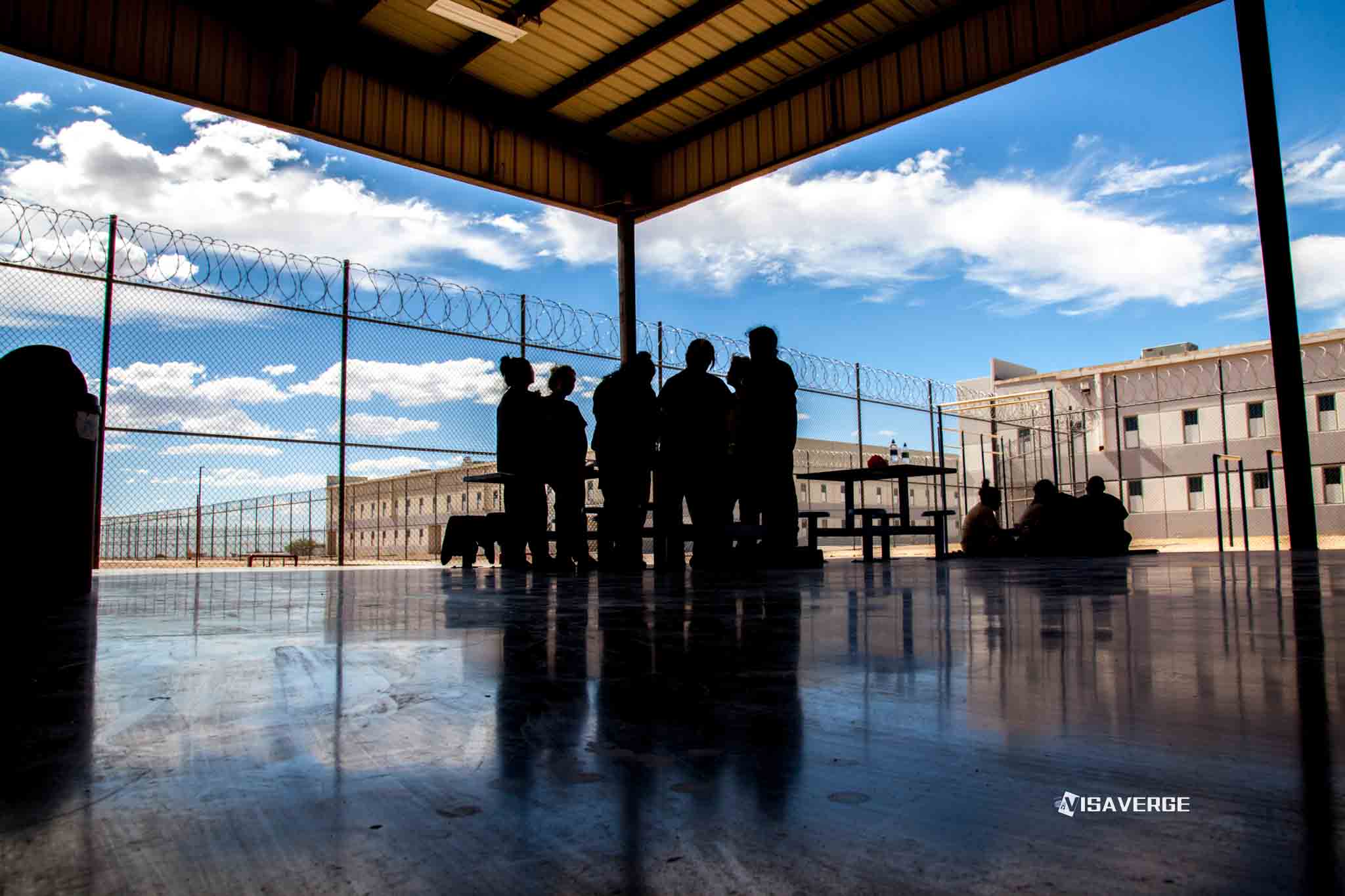(SWEDEN) A wave of online hate and anti-immigrant extremism has pushed more women out of Sweden’s public life, with threats moving from the internet into the offline world and forcing leaders to step back. The most visible case came in 2025, when Anna-Karin Hatt, leader of the Centre Party, resigned after months of harassment and explicit threats against her and her family. Her departure, announced amid warnings from researchers and watchdogs about a toxic climate, has become a stark example of how digital hostility and real-world intimidation now combine to silence women in politics.
How Hatt’s resignation exposed a wider problem

Hatt’s resignation resonated far beyond her party’s base because it cut against Sweden’s image as a safe and open democracy with high gender equality. She had risen to a national role and kept a steady public presence, but she said the threats grew too direct, too personal, and too close to home. Those threats included messages that referenced her family and suggested real-world harm, not just anonymous trolling.
Police and civil society groups highlight a pattern in which coordinated abuse often begins online and then spills into offline stalking, doxxing, and confrontations. The pressure on Hatt and others shows how digital hostility can rapidly translate into real-world intimidation.
Gendered patterns of intimidation
Researchers tracking political violence report that women high in the hierarchy—especially mayors and party leaders—face more intimidation than male colleagues. Key findings include:
- A clear gender and political bias, with harsher harassment directed at women who support migrants and other minorities or who receive more media attention.
- Local council women describe a steady grind of messages telling them to quit, change their views on migration, or face consequences.
- The line between public service and personal safety has become dangerously thin for many.
The role of anti-immigrant extremism and online organization
The broader context is a rise in anti-immigrant extremism that treats women leaders as targets—especially when they defend inclusion or link policy to human rights.
- Analysts say online hate has grown more organized, using repeated narratives that frame migrant communities as threats and cast women advocates as traitors.
- While Swedish online toxicity remains at a medium level overall, spikes in antisemitism and other forms of racism have been recorded.
- The result: some women cut back on media appearances, skip rallies, or leave politics altogether.
Reporting, police response, and victims’ experience
Authorities have urged people to report hate crimes and threats. Victims can seek guidance on reporting procedures through the Swedish Police Authority: https://polisen.se/en/crime/hate-crime/
- Police remind the public that threats, unlawful persecution, and agitation against groups are criminal offenses.
- Yet women in public roles say responses often feel slow and uneven, especially when abuse escalates from coded language to explicit threats.
- The speed and anonymity of digital abuse make it hard for victims to feel safe even after filing reports.
International pressure and regional trends
International observers have urged Sweden to act with greater urgency. The European Commission against Racism and Intolerance has called for stronger measures against hate speech targeting migrants, Roma, LGBTQ+ people, and Black communities.
- These recommendations carry weight in a country that prides itself on equal participation.
- They arrive at a tense moment in Europe, where migration debates have hardened and fringe slogans have seeped into mainstream discourse.
- Analysis by VisaVerge.com suggests regional trends are reshaping political debate, fueling online hate toward minorities and the elected officials who defend them.
The chilling effect on women’s political participation
The chilling effect is already visible:
- Parties report difficulty recruiting female candidates, especially at the municipal level.
- Local leaders dealing with housing, social services, and migration-related issues are particularly exposed.
- Women who press for calm debate on asylum or integration are branded as enemies by accounts that spread rumors and doctored clips.
Consequences include:
- Reduced media appearances
- Skipping rallies or public meetings
- Withdrawing from social media entirely
Over time, these choices reduce public access and weaken the open debate Sweden has long valued. The costs fall on the women affected and the communities they represent.
The mechanics behind escalating abuse
Experts point to three overlapping drivers:
- Platforms reward outrage, so abusive posts spread faster than corrections or context.
- Disinformation networks link migration and crime misleadingly and target women advocates as culprits.
- Normalized harassment produces a learned response: women self-censor to avoid becoming the next target.
These drivers cross national borders, creating echo chambers that turn online hate into habitual, daily noise. When that noise is paired with real threats, public service can feel unsafe.
Practical impacts and safety trade-offs
Women affected by harassment describe hard trade-offs once unthinkable in calmer times:
- Choosing to skip public meetings
- Asking staff to travel with them at night
- Moving campaign volunteers indoors
- Declining interviews that might draw hostile attention
Some advocates now rely on smaller, private gatherings to listen to community concerns. These tactics may reduce immediate risk but can also lower transparency and civic engagement over time.
“Online hate and anti-immigrant extremism should not decide who gets to speak, serve, or lead in a democracy.”
— A view widely shared among affected women leaders and activists
Responses and recommendations
Even as authorities and parties consider new safety protocols, activists stress that security alone won’t restore trust. Commonly advocated steps include:
- Faster takedown of threats on platforms
- Clearer legal pathways to prosecute organizers of targeted harassment
- More support services for victims and their families
- Media guidelines to cover harassment campaigns without amplifying them
- Party mentoring programs and pooled resources for digital security
Women leaders emphasize a plain message: if online hate dictates who can participate in public life, the long-term damage will reach beyond any one party or policy and reshape who feels safe to stand for public office.
Key takeaways
- The resignation of Anna-Karin Hatt in 2025 highlighted how online abuse can spill into the real world and force women out of public roles.
- Harassment is gendered and politically targeted, especially against women defending migrants and minorities.
- Solutions require coordinated action across platforms, legal systems, parties, and media to protect victims and preserve democratic participation.
Frequently Asked Questions
This Article in a Nutshell
Anna-Karin Hatt’s 2025 resignation after online and offline threats exposed how organized anti-immigrant extremism silences women in Swedish politics. Researchers report gendered, politically targeted harassment—especially against women supporting migrants—that starts online then spills into doxxing and real-world intimidation. Women leaders reduce public roles, harming democratic participation. Authorities advise reporting to police; international bodies urge stronger legal, platform and support measures. Coordinated action across platforms, law enforcement, media, and parties is needed to protect victims and preserve open debate.













